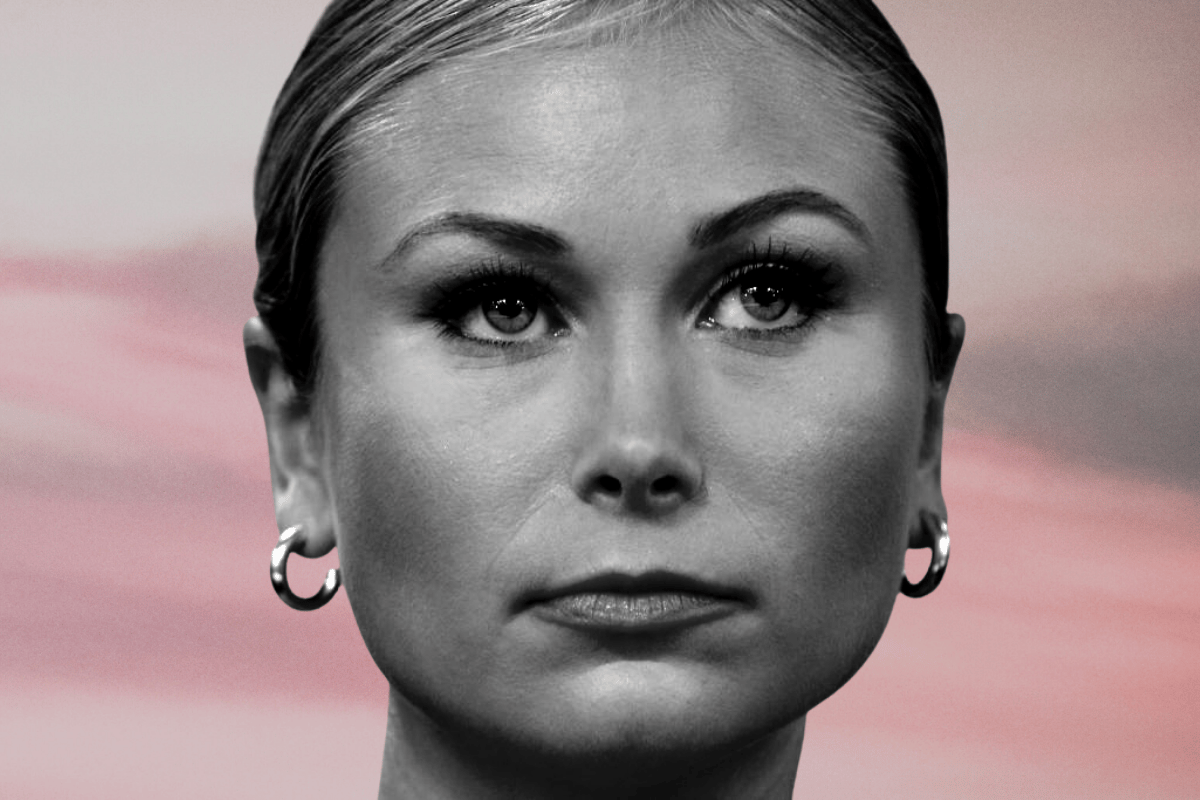
This week, a news outlet decided to 'unearth' and publish an image of 2021 Australian of the Year Grace Tame sitting next to a bong, as a friend next to hear appears to be rolling a joint.
The image is from 2014. Additional news outlets then decided to reshare the image.
The Australian tabloid at the centre of this controversial move, claimed the image of Tame - then 19 years old - was "unearthed by her critics," amid Prime Minister Scott Morrison's 60 Minutes interview where his wife Jenny criticised Tame's suggested lack of manners.
The tabloid's decision to publish the image was met with swift backlash.
Watch: Brittany Higgins and Grace Tame address the National Press Club in powerful speeches. Post continues below.
In response to the old photo being circulated, Tame took to Twitter on February 15 to poke fun at Scott Morrison saying: "Alright, I confess, we were doing a cover of 'April Sun in Cuba'. On the oboe."
But amid the humourous and self-deprecating response, the impact of that old image being published on multiple news sites was still incredibly challenging for Tame.

Top Comments